By Thomas M. Brown, CLU, Joseph Klein Associates, LLC
Intentional Giving –
What Really Matters?
I’ve been thinking a lot about the relationship of philanthropy and estate planning lately. It is not a new topic for me as I’ve felt for years that estate planning should not be solely about taxes and maximal transfers, but should also focus on the question: “What really matters?” Sometimes called “Values-Based Estate Planning,” to me it ties closely with the concept of an Ethical Will.
Wills today have become technical documents that say little about us as persons. Ethical Wills are personal statements about who we are, how we came to hold the values we do, and what values and lessons we want to pass on to our families and the communities that have enriched us through education, support and opportunity.
Some time ago I became familiar with a credential called Chartered Advisor in Philanthropy (CAP), and it resonated with me immensely because of its slant towards values-based estate planning. But the course moves on to ask us about our own vision of the world. What would we like to change or preserve in the world. Why? What might be possible, even in a small way, and how would we start? Can we make a plan? Can we see a result during life, or feel we’ll accomplish something at death by a bequest or other technique? In other words, can we operate with conscious intent, seeking out and supporting those entities that are doing the work that WE want done? To restate: What Really Matters? To us?
Most of us give to the groups to which we have always given, and most of us want to leave our children and grandchildren as much as possible. This is fine. After all, not all of us are Bill Gates or Warren Buffet. But all of us can effect some change even if only at a very basic level and perhaps only for the benefit of one person, for as we learn from our tradition, to save a life is to save the world. Thus, even helping just one person or one family can have lasting consequences for good, like the ripples a stone creates in a pool of water. Some call this paying it forward.
And speaking of children, grandchildren and values, what better means of transmitting and instilling our values in our family than to involve them in our giving? Among the easiest means to do so is to create a donor advised fund. No administration for the family but all the pleasure of teaching our family to think about, and affect, the lives of others in positive ways from generation to generation. They become stewards of a legacy, an inheritance of values that could live on forever.
So, let’s think about ourselves and how we give time and money. Can we think about it pro-actively and not just reactively? Not just how much, but to whom and why?
What really matters?
Only you know.
Think about it.

Thomas M. Brown, a member of The Associated’s Planned Giving Round Table (PGRT) has worked at Joseph Klein Associates since 1983. Tom oversees estate, financial and charitable planning, insurance and medical underwriting. He is respected widely for his knowledge in insurance, estate and charitable planning and caring for clients.
This article is for informational purposes only and should not be construed as legal, tax or financial advice. When considering gift planning strategies, you should always consult with your own legal and tax advisors.
Subscribe to our newsletter
The Associated is a home for everyone in the Baltimore Jewish community. We offer several email lists to help people find a community, engage with their peers and support Jewish journeys around the world.
Join Our Mailing ListAdd Impact to Your Inbox
Sign up for our newsletter
Subscribe to our newsletter
The Associated is a home for everyone in the Baltimore Jewish community. We offer several email lists to help people find a community, engage with their peers and support Jewish journeys around the world.
Join Our Mailing List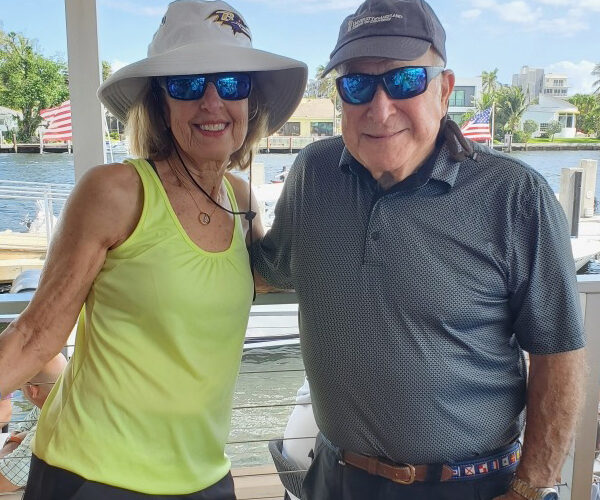
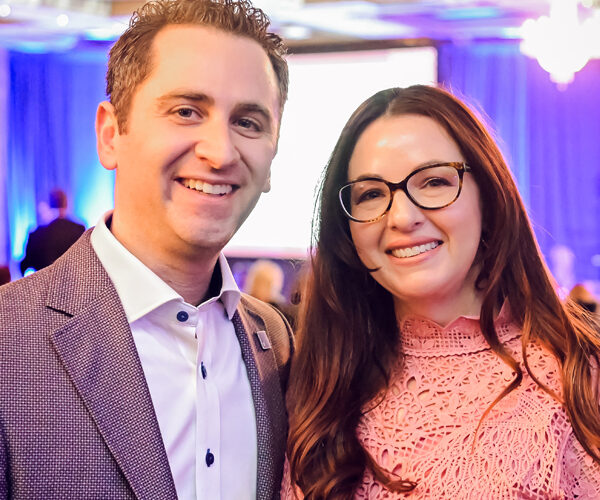
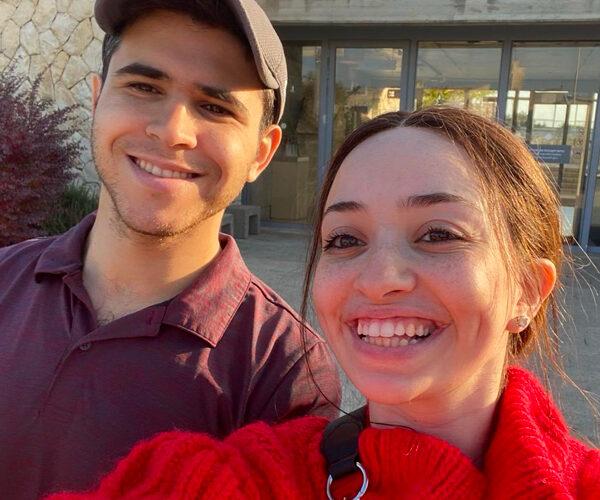

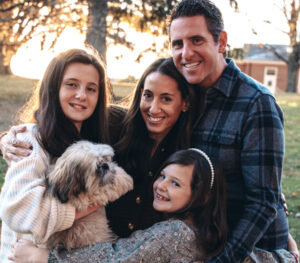
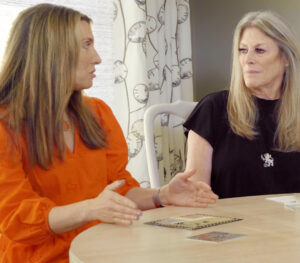


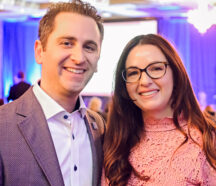
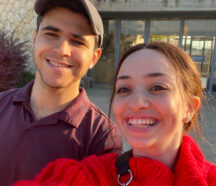
 Please Wait while we loading your video.
Please Wait while we loading your video.